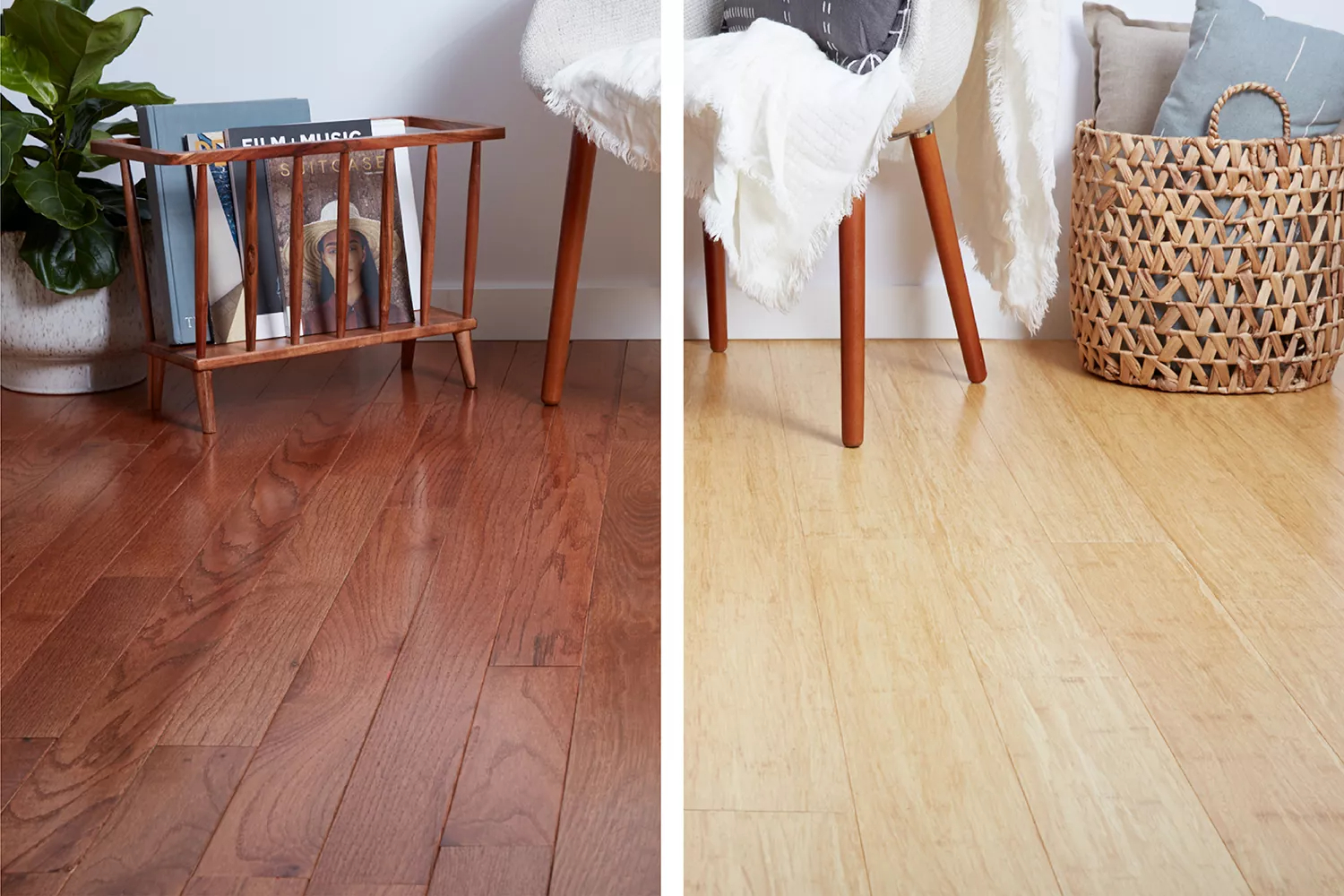Bamboo and wood have long been fundamental materials in various industries, from construction to furniture manufacturing. However, as environmental consciousness grows, so does the scrutiny of the materials we use. In recent years, bamboo has emerged as a popular alternative to traditional wood, touted for its sustainability and versatility. But is bamboo truly superior to wood?
Sustainability:
One of the primary factors driving the shift towards bamboo is its sustainability. Unlike wood, which typically comes from slow-growing trees that take decades to mature, bamboo is a rapidly renewable resource. Bamboo can be harvested in as little as three to five years, making it an attractive option for those concerned about deforestation and environmental impact. Additionally, bamboo requires minimal water and no pesticides to grow, further enhancing its eco-friendly credentials.
Durability:
While wood is known for its strength and durability, bamboo is no slouch in this department either. Bamboo has a higher tensile strength than steel, making it incredibly resilient to bending and compression. This makes bamboo an excellent choice for construction materials, flooring, and even furniture. Furthermore, bamboo is naturally resistant to moisture, pests, and rot, prolonging its lifespan compared to many types of wood.
Versatility:
One of the most appealing aspects of bamboo is its versatility. While wood is predominantly used in its natural form, bamboo can be processed into various materials, including bamboo flooring, plywood, and even textiles. Bamboo fibers are also used to create fabrics that are breathable, moisture-wicking, and antimicrobial, making them ideal for clothing and bedding. Additionally, bamboo can be engineered into composite materials that rival the strength and durability of traditional wood products.
Cost Considerations:
When it comes to cost, bamboo often has the edge over wood. Due to its rapid growth rate and abundance, bamboo tends to be more affordable than many types of wood, especially those sourced from slow-growing trees. This makes bamboo an attractive option for budget-conscious consumers and businesses alike.
In the comparison between bamboo and wood, it’s clear that bamboo holds its own as a sustainable, durable, and versatile alternative. While wood undoubtedly has its strengths, such as its timeless aesthetic and established usage, bamboo offers a compelling solution for those seeking eco-friendly materials without compromising on quality. As environmental concerns continue to drive consumer choices, bamboo is poised to become an increasingly popular choice across various industries. Whether in construction, furniture, or fashion, bamboo’s sustainable attributes make it a worthy contender in the ongoing quest for greener alternatives.
Post time: Apr-18-2024






